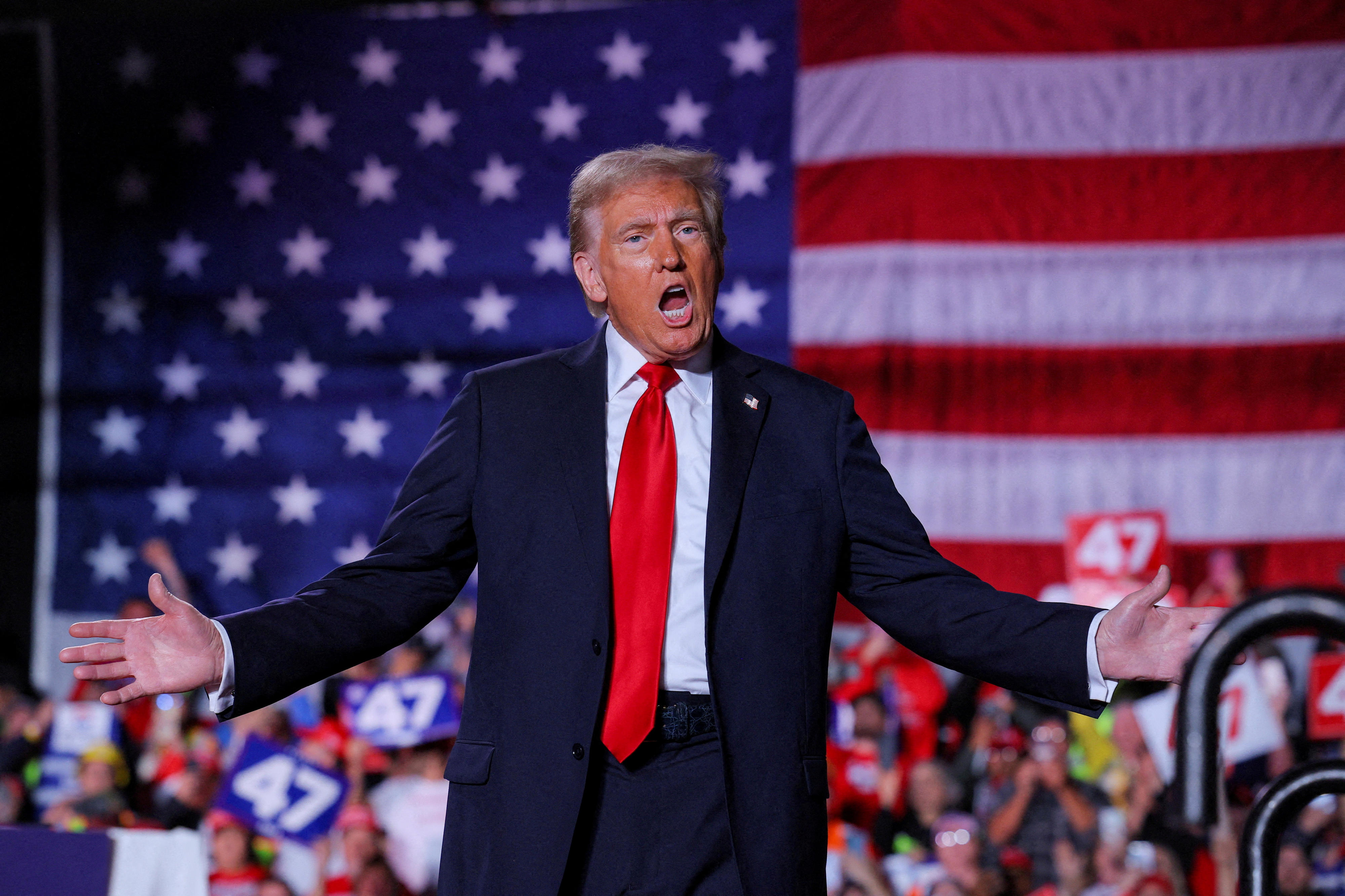
Author: Moses Khisa. PHOTO/FILE
I rarely comment on politics in the United States of America. This is arguably the very first time in this column I am writing about the USA. A stunning election result earlier in the week with Mr Donald Trump as president-elect sums up the sheer enigma that is the USA. I was airborne crossing the Atlantic, so I had the perfect excuse not to watch or listen to the news on Tuesday night.
Mr Trump was elected for a second time (and last term) having previously served between 2016 and 2020, then rejected a 2020 resounding defeat by current president, Joe Biden. He left the White House in January 2021 rather unceremoniously, against the long-established norm of peaceful transfer of power. Before long though, Mr Trump faced a slew of criminal cases and civil suits.
By the time he was nominated to run for president again this year, he had well over eighty indictments! That he could plough through the Republican Party primaries and go on to defeat an incumbent vice president, despite (or perhaps because of) the litany of court cases, including a conviction, is simply astounding.
As a foreigner, I refrain from commenting on USA politics; it’s for Americans to debate and decide. Only on Ugandan politics do I have an unlimited right to comment as I see, exercising my citizenship. But it’s also because, even after nearly 15 years, both as a student and university teacher, USA politics remains a complicated matter for me to distil. Perhaps it is just me, or maybe not. The USA is a huge country of 50 different federal states, one of which, say Texas or Florida, is complicated enough to be amenable to easy and quick answers or explanations.
So much has been said after Tuesday election results, and a lot will be said in the weeks and month ahead, about how and why Mr Trump made a dramatic return to the White House. It is not just that it’s utterly unprecedented, it also defies logic and expectations.
Pundits and experts, or whatever one may call them, can make all the arguments and analyses, but I don’t think there is a simple, straightforward explanation. Rather, it is a complex combination of factors and considerations.
Take, for example, the economy, which voters consistently said was the most important issue of concern. For more than a year, leading up to the elections, going by official statistics the US economy kept a solid run. Monthly job reports defied forecasts to remain very impressive, thus keeping unemployment at record low rates. Wage growth was mostly higher than average inflation.
Other positive indicators included high consumer confidence, the stock market trending up, and overall GDP growth modestly good at 2.8 percent for the latest quarter. At the height of the Covid-19 pandemic, inflation soared and gasoline prices ran very high. Yet in the months leading to the elections, inflation had markedly reduced, although prices of some essentials remained higher than pre-pandemic. Gasoline prices (depending on the state) are currently only slightly higher than the best during Trump’s time as president. Most important, the widely predicted recession didn’t happen.
The American economy runs on consumer spending, and the general culture is consumerist, thus people feel financial hardships but shop big! Persistent inflation is at least partly a consequence of high consumer spending, yet ultimately the blame is squarely placed on the incumbent president and party. This is most ironic because Americans fundamentally believe in free markets and the fact that the government does not set prices or directly determine what is produced and how much.
The other big election issue was immigration, with voters upset at what they consider an unsecured border that lets in migrants in droves. This too is a complicated matter. The USA is primarily a country of immigrants. Also, the American economy heavily depends on unskilled and low-skilled labour supply from immigrants, who take low wages to work on farms and in construction.
In recent years, record numbers crossed into the country through the southern border with Mexico, handing the Republic Party, especially Donald Trump, the best stick for beating the incumbent president and party.
Mr Trump promised mass deportations, and it appears the voters liked the promise and handed him the power to implement.
Again, ironically, he may well have secured victory with the support of recent immigrants who are now citizens, or Americans born in the USA to immigrant parents who are called ‘undocumented’ or ‘illegals’. The latter are the target for Trump’s promised deportations! Since 2016 Trump has promised to ‘make America great again’ (MAGA).
In the latest election cycle, he added ‘taking back our country’. As a foreigner, perhaps quite ignorant of the past and present, I am puzzled by these two slogans. Is America not great? Is it not the world superpower with the largest economy and most sophisticated military arsenal?
Has America been taken over by aliens such that citizens must take it back? The coded assertion is that aliens have invaded through the southern border: they must be deported!







